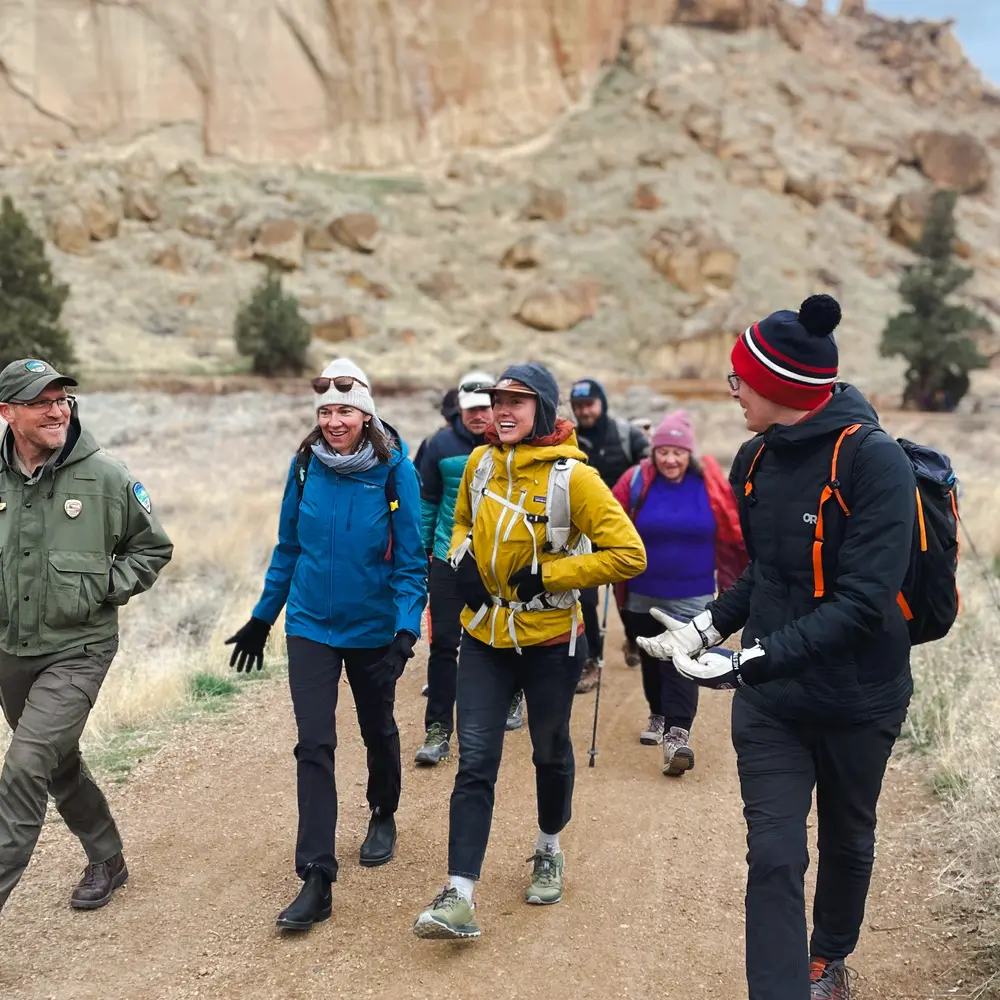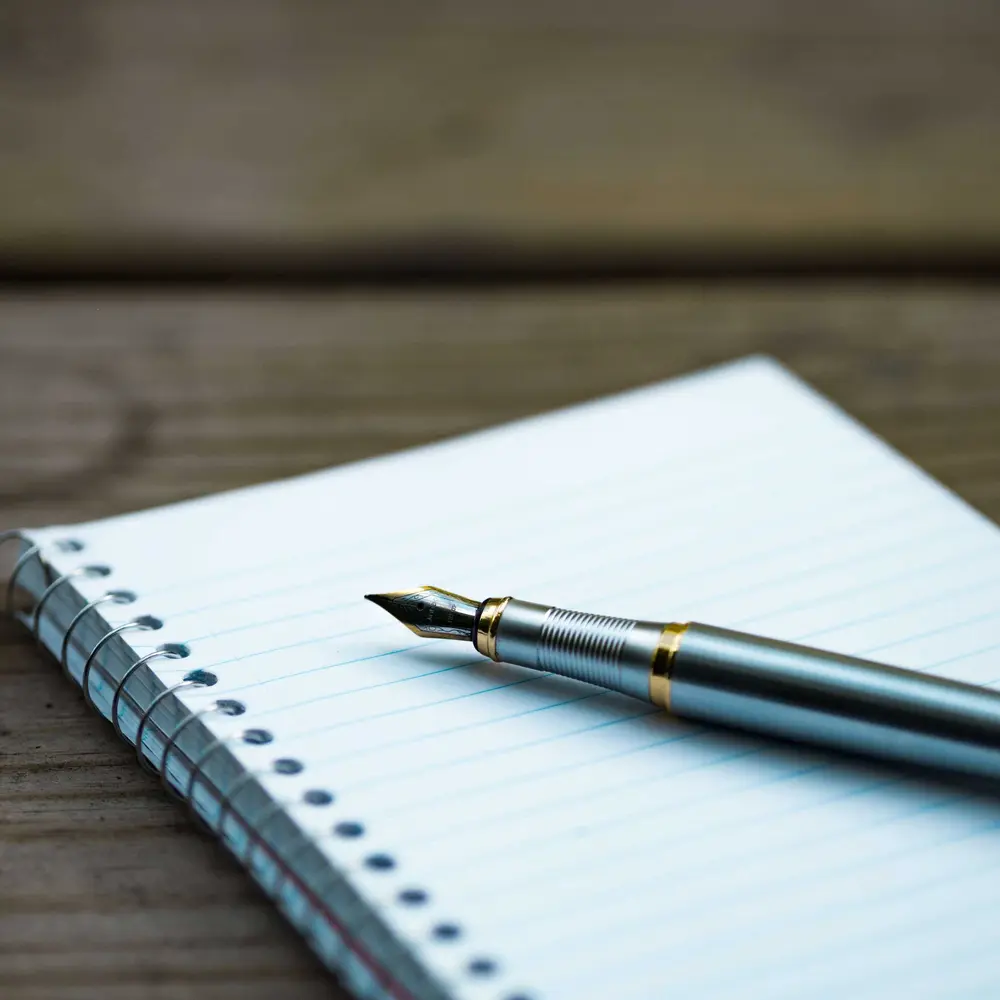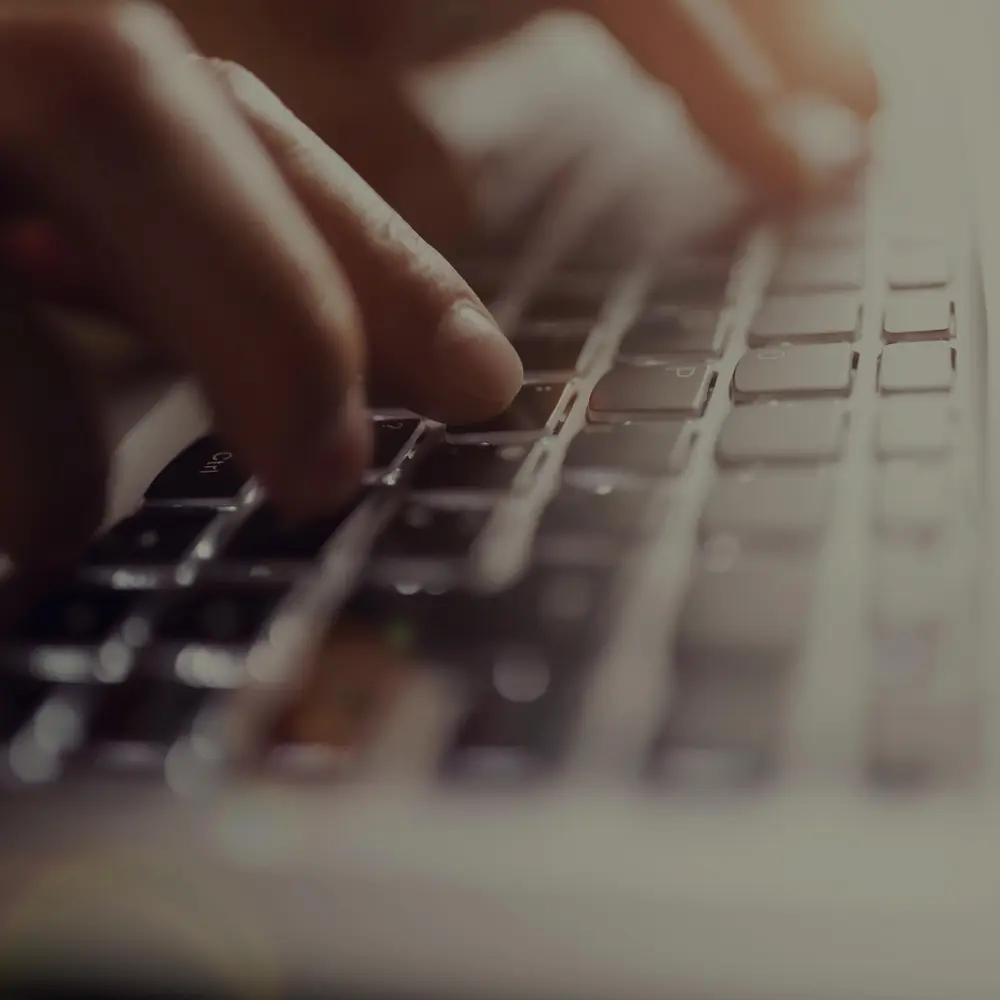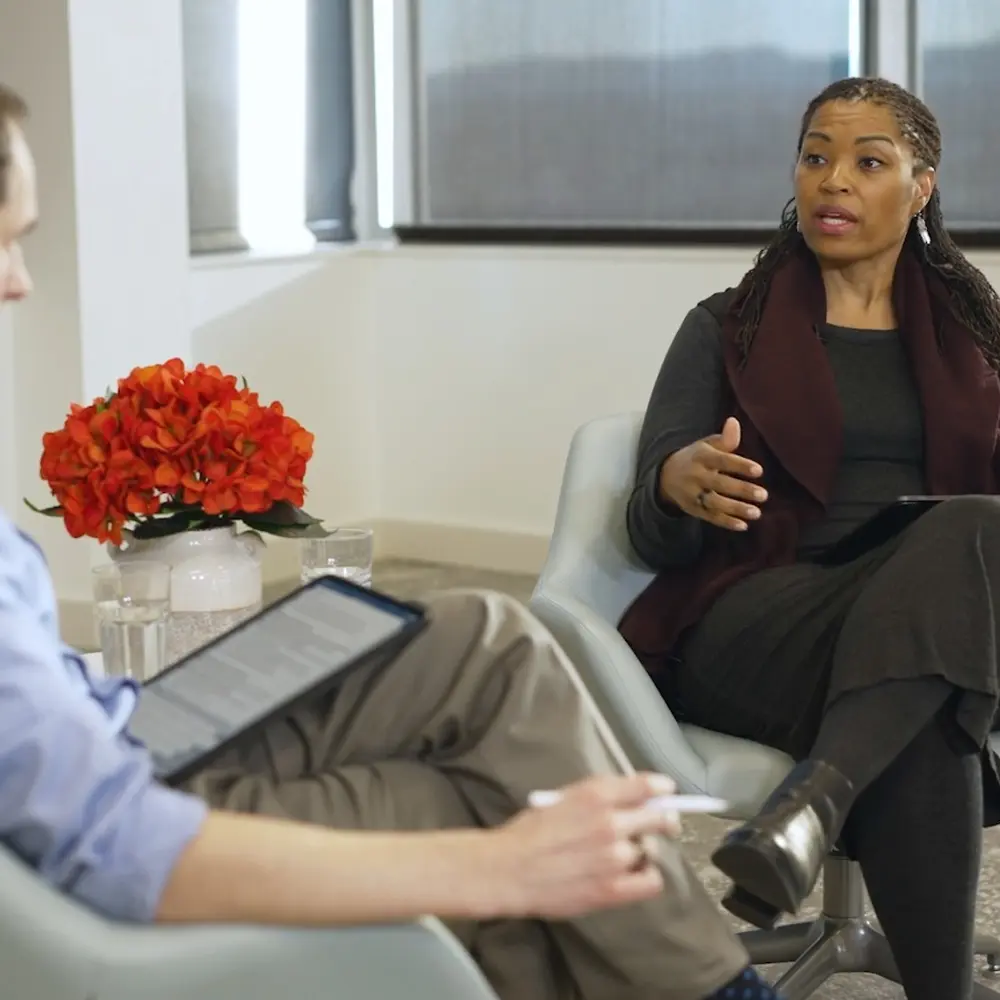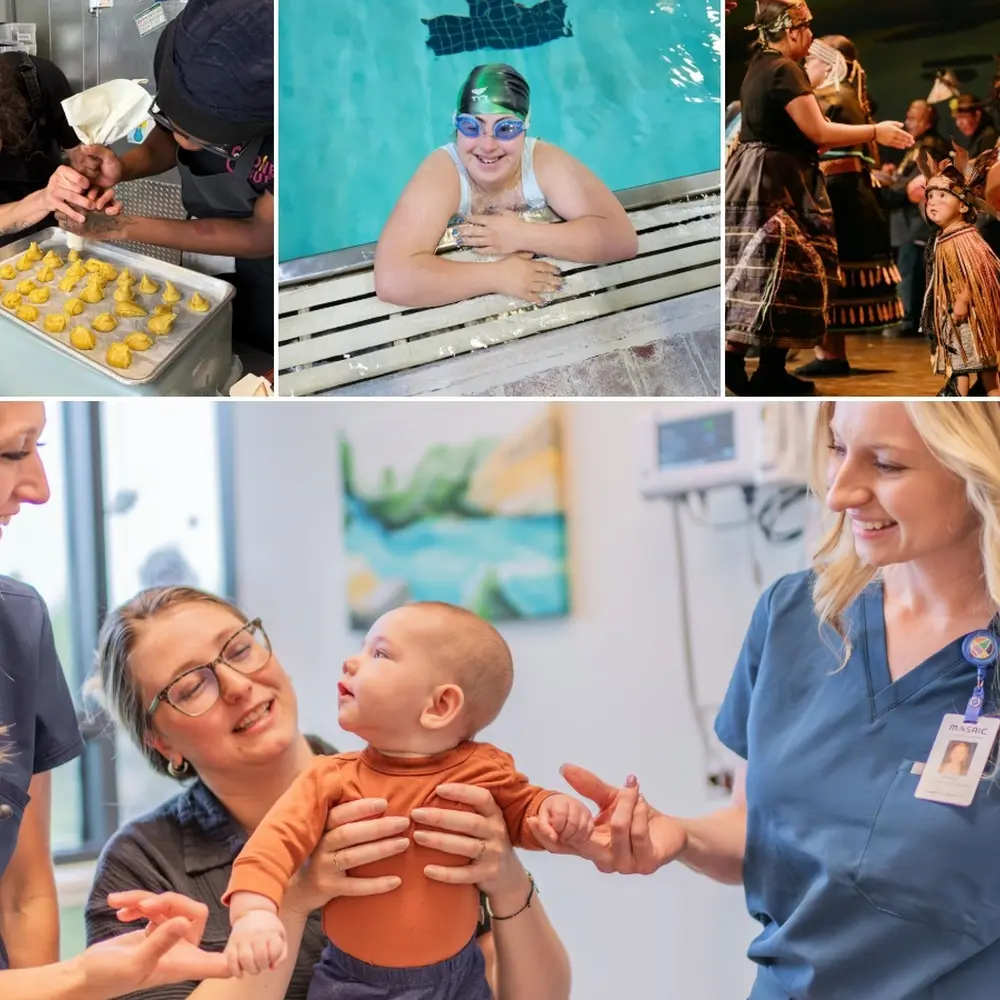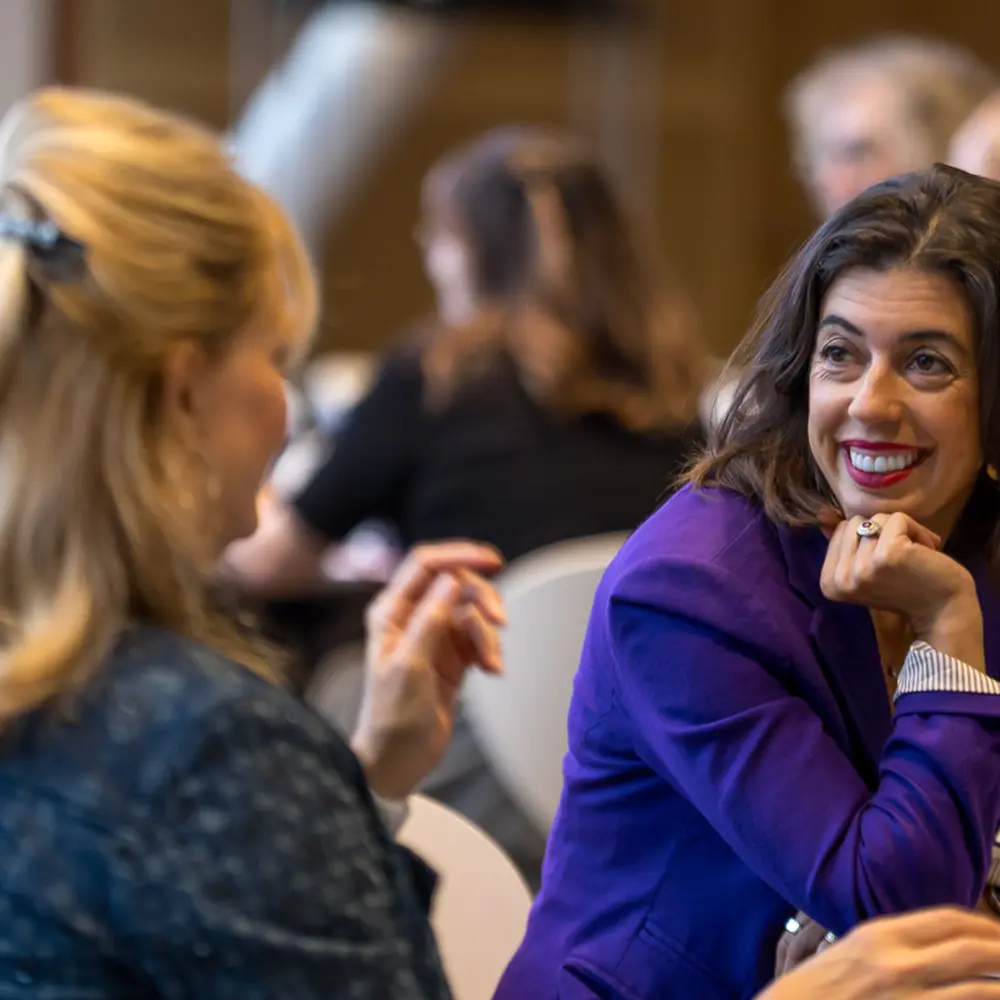In the window of Refugee Artisan Initiative's (RAI) Maker's Space in Seattle hangs a beautiful, turquoise chiffon dress, the last garment sewn by founder Ming-Ming Tung Edelman's grandmother in Taiwan. It serves as both inspiration and promise: "If my grandmother can make it, you can make it."
This simple yet powerful message encapsulates the mission of RAI, the organization Ming-Ming founded in 2017 to empower refugee and immigrant women through skills training and micro-business development. Drawing from her 20-year career as a pharmacist, her love of fashion, and her own immigrant experience, Ming-Ming recognized a critical gap in how America supports its newest residents.
"The conventional employment model has always been to focus on people's deficits," Ming-Ming explains. "You need to learn English, you need to find childcare, you need to learn how to drive in order to work." But watching refugee women, many of them mothers and some facing additional challenges like polio contracted from refugee camps, Ming-Ming saw a different path forward.
With refugee women facing the lowest employment rate at just 40%, Ming-Ming understood that traditional approaches weren't working. These women, often isolated at home, possessed valuable sewing skills that could become their pathway to financial independence. "Sewing is a universal language," she discovered. "These women come from all over the world, and they have some basic sewing skills. They want to know how they can use that skill to work."
RAI's innovative approach invests in women by providing training, tools, and sewing machines so they can start home-based micro-businesses. The program goes beyond basic skills, integrating ESL classes, financial literacy, and comprehensive business development training to break down barriers to both poverty and isolation.
Over eight years, RAI has helped refugee and immigrant women earn their first paychecks, buy their first cars, and for some, purchase their first homes in America. “That really brings a smile, because that’s ultimately the American dream.”
But Ming-Ming's vision extends beyond individual success stories into systemic solutions. Knowing that 85% of textiles end up in landfills, she saw an opportunity to create what she calls a "circular economy." RAI partners with major companies like Starbucks and Tommy Bahama, transforming left-over coffee burlap sacks into stylish totes and turning surplus prints into limited-edition home goods that companies buy back for their customers.
During COVID-19, this sustainable approach proved its worth when RAI's women quickly produced over 80,000 masks from unused bedsheets. "I recognized in that moment that sewing skills are really important because we don't have enough infrastructure in America to make things we need," Ming-Ming reflects.
Today, RAI is expanding beyond textiles to tackle plastic waste, working with over 50 Puget Sound businesses and partnering with Native American tribes in Eastern Washington. With 275 women on their waitlist, the need for RAI's services has never been greater.
This growing demand is now being met with crucial support. In December 2024, the Murdock Trust awarded RAI $299,720 to support its comprehensive Community and Microbusiness Development Program. This grant will fund a full-time Program Manager position dedicated to developing new curriculum and organizing outreach to resource providers, partners, and clients. This position will also manage an innovative internship program that pairs aspiring entrepreneurs from the refugee women community with successful local community members, such as matching someone who loves to cook with a local catering business owner. In this way, RAI continues to think innovatively about creating cumulative ripples of impact.
Additionally, RAI is renovating their current space into a manufacturing facility and the first public refugee arts and culture center. This will be a place where "their journeys and stories" can finally be told, giving voice to what Ming-Ming calls "an invisible population."
As Ming-Ming puts it, "Tools plus skills can transform a life,” a lesson learned at her grandmother's sewing machine that now transforms entire communities, supported by partners who believe in the power of that transformation.

